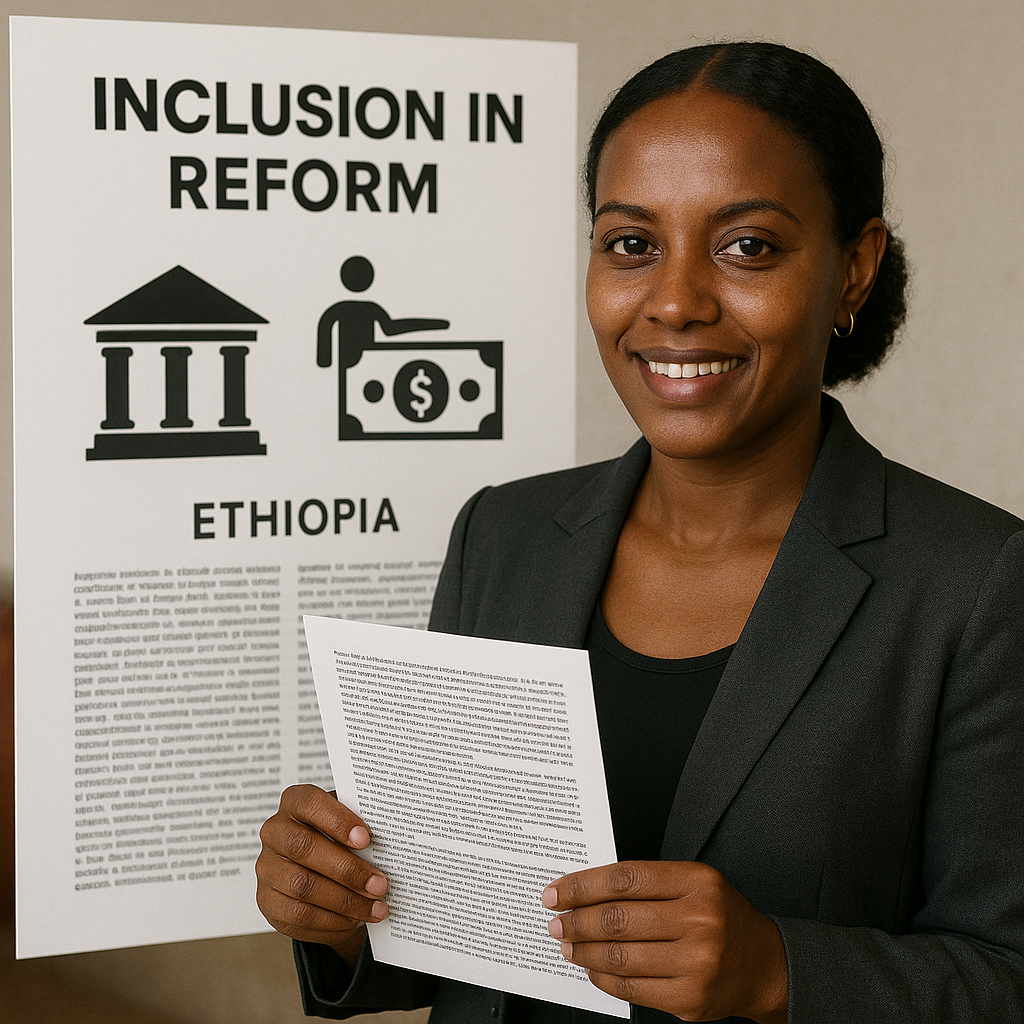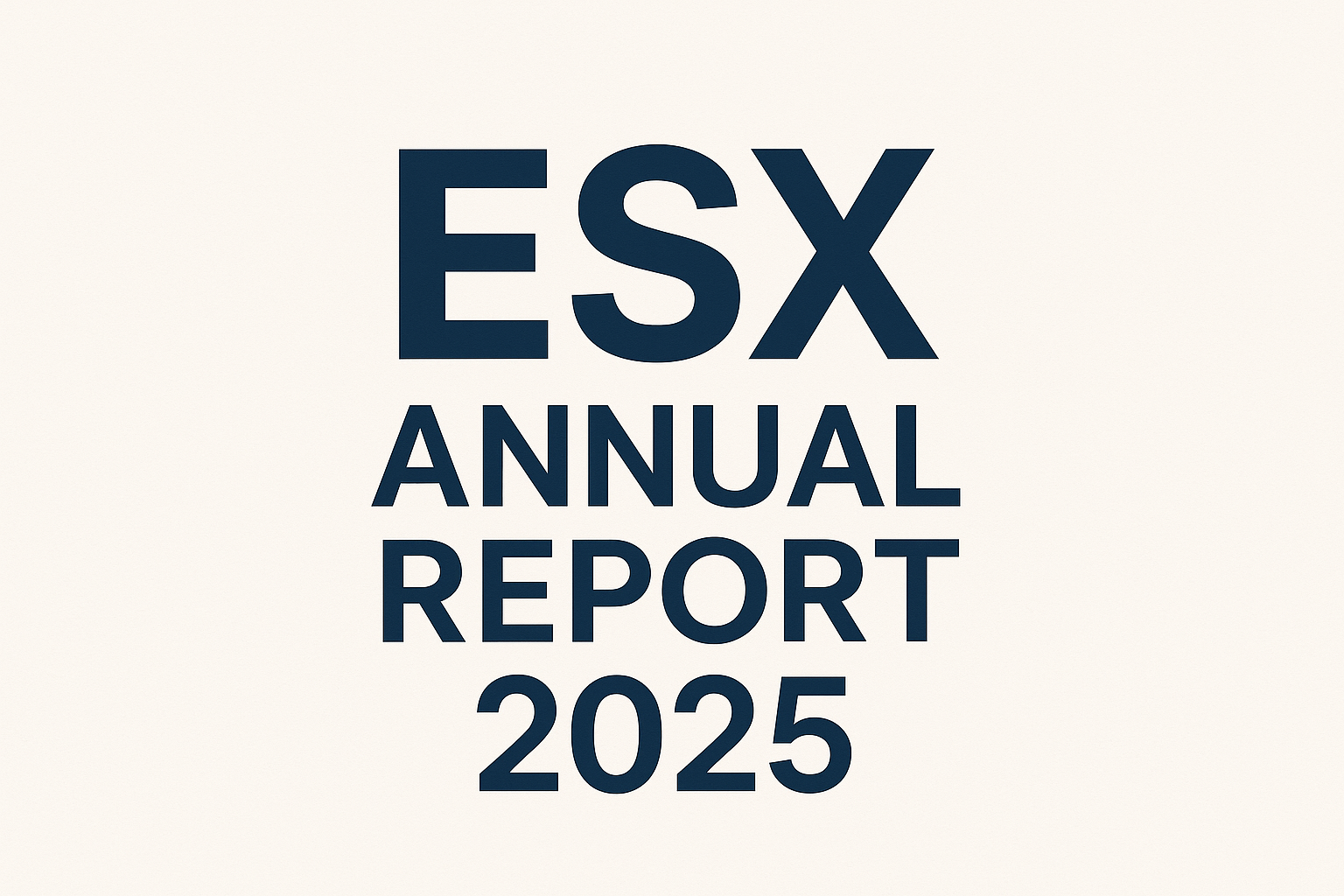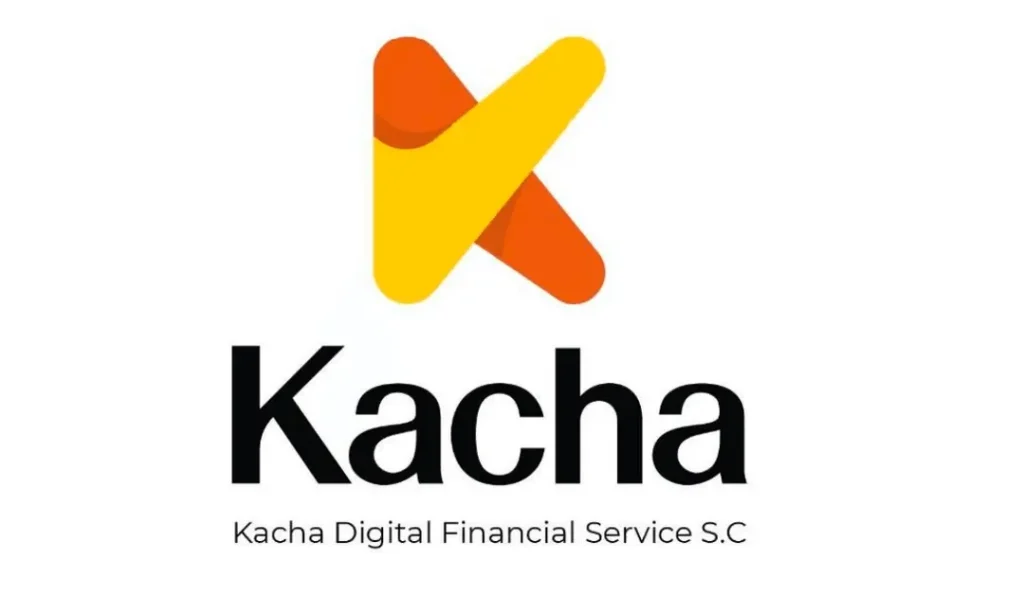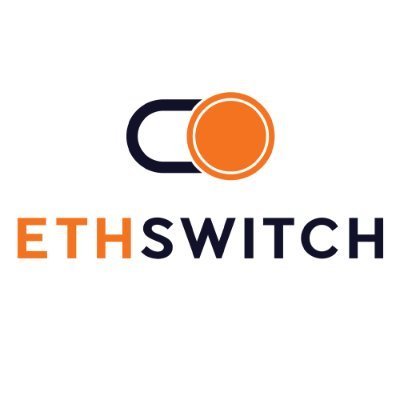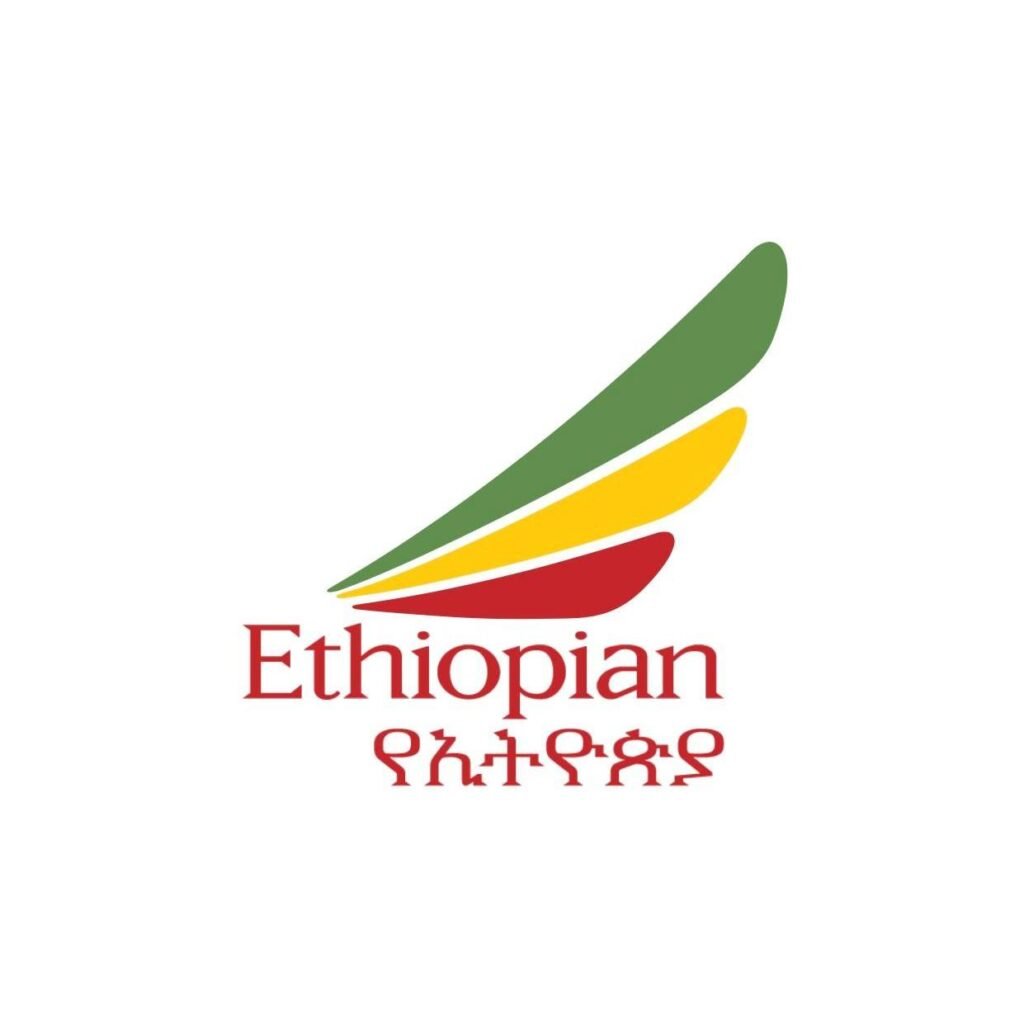Inclusion in Reform
Ethiopia has been undertaking major financial sector reforms since the late 2010s, including the establishment of a capital market and liberalization of banking. Islamic finance in Ethiopia is relatively nascent. Interest-free banking (the term used in Ethiopia for Islamic banking) was first introduced in 2008, when conventional banks were permitted to offer Shariah-compliant products through dedicated “windows”. An attempt around 2011 to establish the country’s first full-fledged Islamic bank (ZamZam Bank) was halted by regulators at the time, due to the absence of a supporting regulatory framework. It was only in 2019 that Ethiopia’s central bank (NBE) formally allowed the establishment of fully-fledged Islamic banks. Since then, at least three Shariah-compliant banks – ZamZam Bank, Hijra Bank, and Rammis Bank (formerly Shabelle Bank) – have been licensed and begun operations. These banks, along with Islamic “window” services at conventional banks, mobilized a large volume of interest-free deposits in the early 2020s. However, until recently, Ethiopia lacked Islamic finance options beyond banking; there were no Islamic insurance (takaful) providers, and no tailored monetary instruments for Islamic banks. This meant Islamic finance operated in a constrained space, with limited avenues to deploy Shariah-compliant funds. The push for broader financial reform under Prime Minister Abiy Ahmed’s administration (part of a “Homegrown Economic Reform” agenda) created an opening to address these gaps.
In 2021, Ethiopia’s parliament passed the Capital Markets Proclamation No. 1248/2021, establishing the legal basis for a capital market and creating the Ethiopian Capital Market Authority (ECMA) as the sector regulator. This set the stage for introducing new financial instruments and institutions. As we entered 2023, the question was whether and how this new capital market framework would incorporate Islamic (Shariah-compliant) financial instruments alongside conventional ones. Historically, Islamic finance had been more of a side-note in Ethiopia’s financial system – essentially limited to banking services labeled “interest-free.” The 2023–2025 period, marked by drafting of ECMA directives and the launch of the Ethiopian Securities Exchange (ESX), represents the first real test of integrating Islamic finance into Ethiopia’s broader financial architecture.
Inclusion of Islamic Finance in ECMA’s Directives: Notably, ECMA’s regulatory framework does acknowledge Islamic finance needs, albeit in a preliminary way. The Capital Market Services Providers Licensing and Supervision Directive issued in 2023 includes “Shariah-compliance advisor” as one of the licensed service provider categories. In fact, out of 15 types of capital market service licenses created, the smallest capital requirement is assigned to an individual sharia-compliance advisor (100,000 Ethiopian birr, roughly USD $1,800). This provision explicitly accommodates professionals who would ensure that financial products or transactions comply with Islamic law. It signals regulatory intent to enable Shariah advisory services within the capital market. Additionally, the framework allows foreign firms with specialized Islamic finance expertise to offer advisory services on Shariah-compliant products in Ethiopia. This means an overseas Islamic finance consultancy or an advisory firm can be licensed to guide local issuers and investors on Shariah compliance – an important step given Ethiopia’s limited domestic experience in this area.
However, beyond licensing advisors, the initial directives did not yet introduce specific Islamic financial instruments or separate rules for them. The rules are generally written to be instrument-neutral, covering conventional securities (stocks, bonds, etc.), but they do not prohibit Shariah-compliant variants. For example, there is no dedicated directive for Sukuk (Islamic bonds) as of 2025, but Sukuk are implicitly permissible as a type of debt security that could be issued under the existing framework. Elias Adem, Director of Interest-Free Banking at the Development Bank of Ethiopia, argues for urgency and clarity. His experience developing Sukuk at DBE “to final stage” exposed a core gap: “I have noticed the lack of rules and regulations for Islamic capital market products like Sukuk. I believe the authority should start working on this soon… the regular Ethiopian capital market should not wait a long time like the regular Ethiopian banking sector did to include Islamic banking.”
The launch of the Ethiopian Securities Exchange (ESX) is widely regarded as one of the most important structural economic reforms in Ethiopia’s modern history, with the potential to mobilize billions in domestic savings and foreign capital for development. At the same time, Ethiopia has one of the largest Muslim populations in Africa – about one-third of its 120 million citizens – representing tens of millions of people whose faith-based investment needs must be met.Between 2023 and 2025, Ethiopia shifted from overlooking Islamic finance to actively planning its inclusion within capital markets and monetary policy. While no Sukuk or Islamic funds had yet been launched by mid-2025, critical groundwork was laid: ECMA directives now allow Shariah advisory services, NBE is preparing Islamic instruments, and ESX is positioning to host Shariah-compliant products. The trajectory is clearly one of greater financial inclusion. Once implemented, these reforms will unlock large pools of idle Islamic deposits, diversify Ethiopia’s funding sources, and provide Muslim investors with Shariah-compliant opportunities. Ethiopia is thus poised to join other African markets (like Nigeria and Kenya) that have successfully integrated Islamic finance into their capital markets.
References;
- Islamic Economist, “Interest-Free Banking in Ethiopia – A Paradigm Shift,” 2022 – provides historical context on Islamic banking in Ethiopia (introduction in 2008, full-fledged banks allowed in 2019, current Islamic banks)islamiceconomist.comislamiceconomist.com.
- Addis Fortune, “Capital Market Authority Avails a Trifecta of Directives,” Feb 18, 2023 – details on ECMA’s 2023 directives and inclusion of Shariah advisory licensesaddisfortune.news.
- Mesfin Tafesse & Associates (ELA Law) analysis, “Developments in Ethiopia’s Capital Market,” 2024 – notes that foreign Islamic finance firms can offer Shariah advisory under the new frameworkela.law.
- Addis Fortune, “Experts call for parity in taxation and institutional frameworks, as the banks are excluded from overnight markets and capital tool” CAPITAL MARKET OPENS SHARIA-COMPLIANT BANKS WATCH FROM THE SIDELINES
- Elias Adem, Director of Interest-Free Banking at the Development Bank of Ethiopia “Integrating the Islamic Capital Market into Ethiopia’s Conventional Capital Market” https://www.linkedin.com/pulse/integrating-islamic-capital-market-ethiopias-elias-adem-lq6ye

